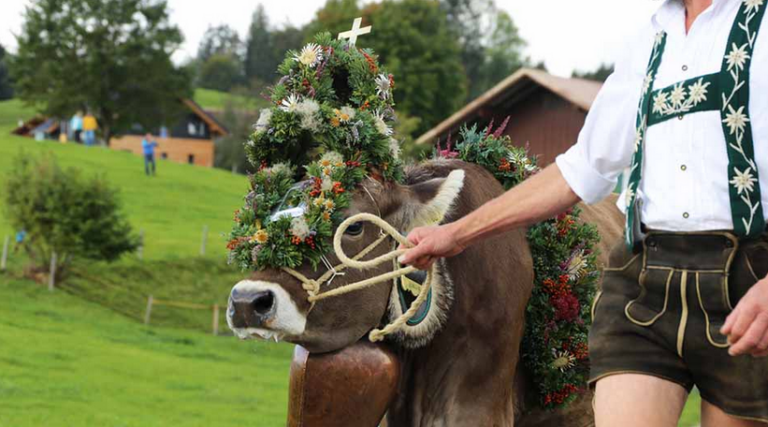In a remote part of the Pyrenean foothills, where Spain borders France, a centuries-old ceremony commemorates a treaty that is believed to be one of Europe’s oldest international agreements still in force. This remarkable tradition originated between the villages of Llívia, a Spanish enclave, and Bourg-Madame, a neighboring French town. The treaty, which historians estimate was ratified around 1375, emerged from a period of conflict between these two communities. Seeking to establish peace and ensure the stability of their shared border, the leaders of Llívia and Bourg-Madame forged an agreement that would lay the foundation for enduring relations between them.
The annual celebration, which involves the French giving 3 cows to the Spanish, has become a testament to the longstanding commitment to peaceful coexistence. It unites the residents of Llívia and Bourg-Madame in a symbolic gesture of harmony and friendship, transcending national boundaries. Throughout the centuries, this tradition has persisted, serving as a reminder of the power of diplomacy and cooperation.
American Medical Association declares Body Mass Index scale “Racist”
Read more: Ancient Origins
Ask me anything
Explore related questions





